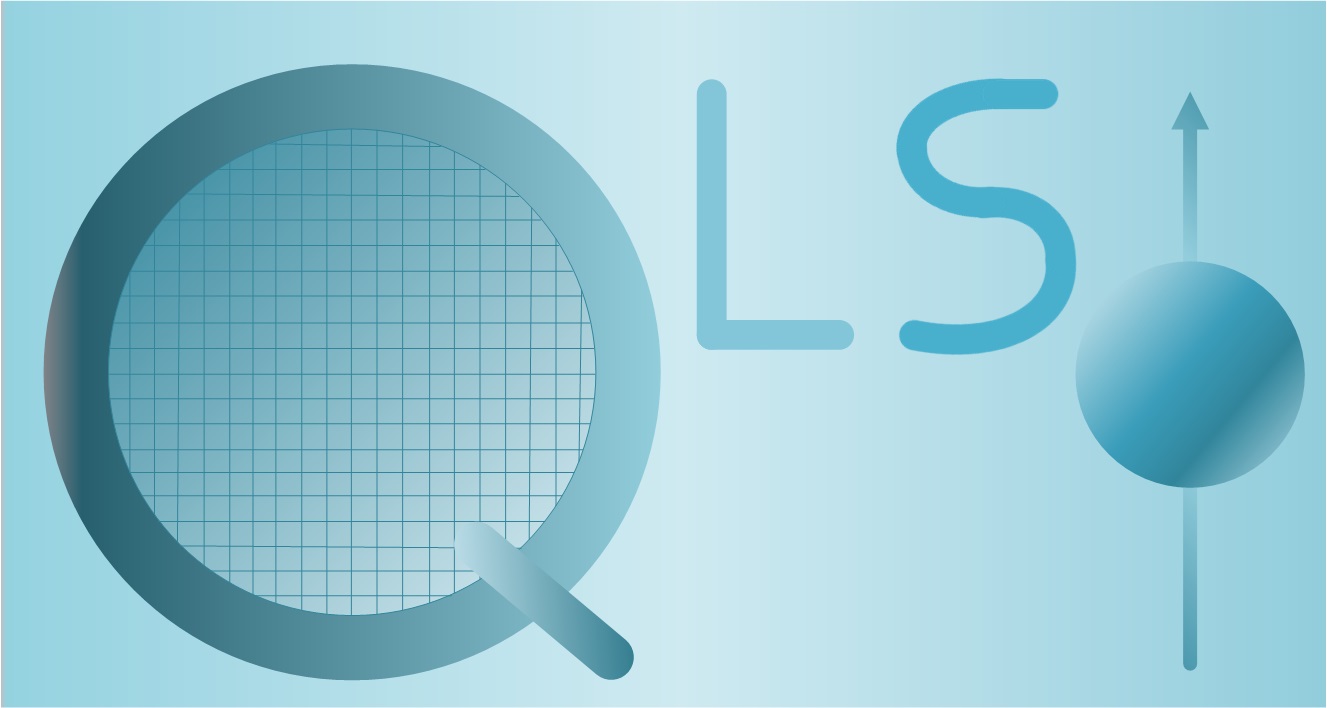On February 4th, 2021, the kick off for the new EU Quantum Flagship Project “QLSI” with the aim of scaling silicon quantum technologies took place in Grenoble/France. The project is part of a 10-year EU Quantum Flagship, which has been supporting the research and development community with 1 billion euros since 2018.
Under the name "QLSI - Quantum Large-Scale Integration with Silicon", the 19 European project partners around the coordinator CEA will lay the foundation for the implementation of semiconductor quantum processors in industry. With the four-year project, Europe is aiming to become the world leader in quantum computing.
The project consortium combines the expertise of the partners from research having an extensive knowledge of silicon nanostructures and spin qubits, the RTOs with experience in silicon CMOS technology with the knowledge of internationally leading companies in the field of semiconductor and computing as well as Europe's emerging start-ups in quantum technology to address the challenges in the construction a scalable quantum computer. These also lie in the industrial production of suitable quantum materials, which must meet the extremely high requirements of quantum components.
“QLSI” aims to prove that spin qubits are the leading platform for scaling quantum bits. A 16-qubit chip will be demonstrated and an 8-qubit chip will be made available for external use by the openly accessible quantum cloud environment "Quantum Inspire". The project partners now want to use the experience gained with the promising single qubits, such as: small size, high fidelity, fast readout and manipulation, in the extensive infrastructure of the global semiconductor industry.
With its many years of expertise in the field of SiGe epitaxy, the Leibniz Institute for High Performance Microelectronics (IHP) supports the development and material characterization of semiconductor-based quantum materials based on isotopically pure silicon-28.
QLSI will pursue four key outcomes:
- Manufacture and operation of 16-qubit quantum processors based on industry-compatible semiconductor technology
- Demonstration of high fidelity (> 99 percent) single- and two-qubit gates, readout and initialization with these devices in a laboratory environment
- Demonstration of a quantum computer prototype with open online access for the community that integrates such a high-fidelity quantum processor in a semi-industrial environment (up to eight qubits available online), and
- Documentation of requirements in order to address the scalability towards large systems> 1,000 qubits
The QLSI consortium consists of 19 members who specialize in the development, manufacture, demonstration and characterization of spin qubits, have physical knowledge of the charge and spin properties of Si nanostructures and have experience in the development of quantum validation platforms:
CEA , QuTech TUD , Institute NEEL CNRS, IMEC, TNO, Fraunhofer Institute IPMS & IAF, University Copenhagen, UCLQ Quantum Science and Technology Institute UCL, Research Center JULICH / FZJ, University Basel, UniversityTwente, Hitachi, University Konstanz, Leibniz Institute for High Performance Microelectronics IHP, ATOS, STMicrolectronics, Infineon Dresden, Quantum Motion, Soitec.
The press release of the CEA-Leti can be found here:




